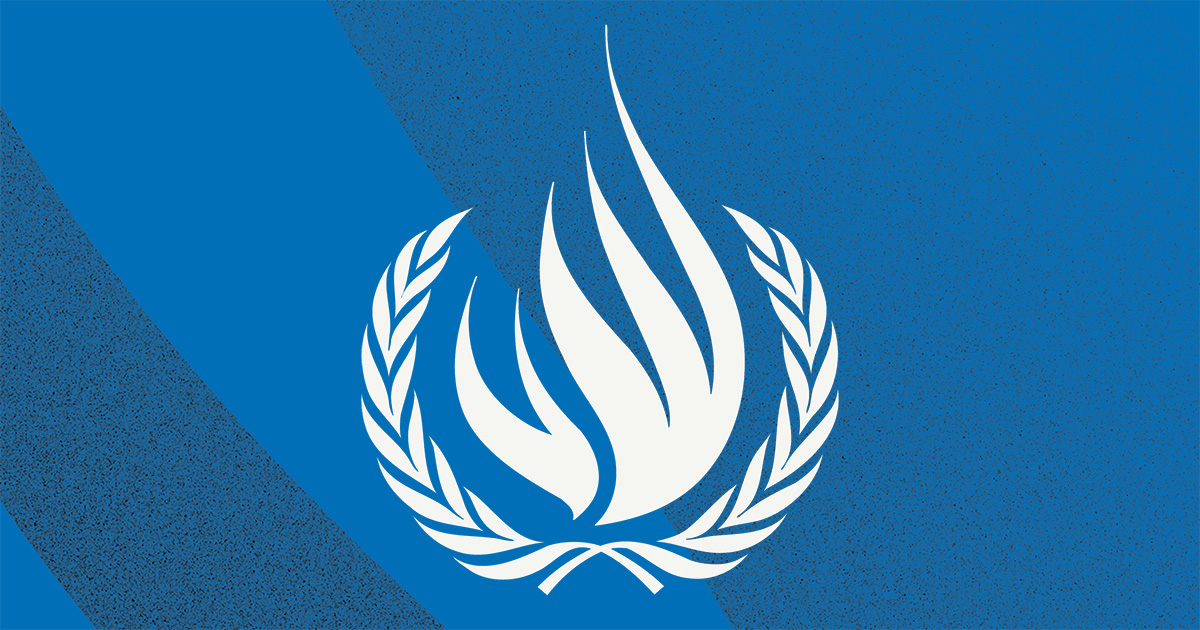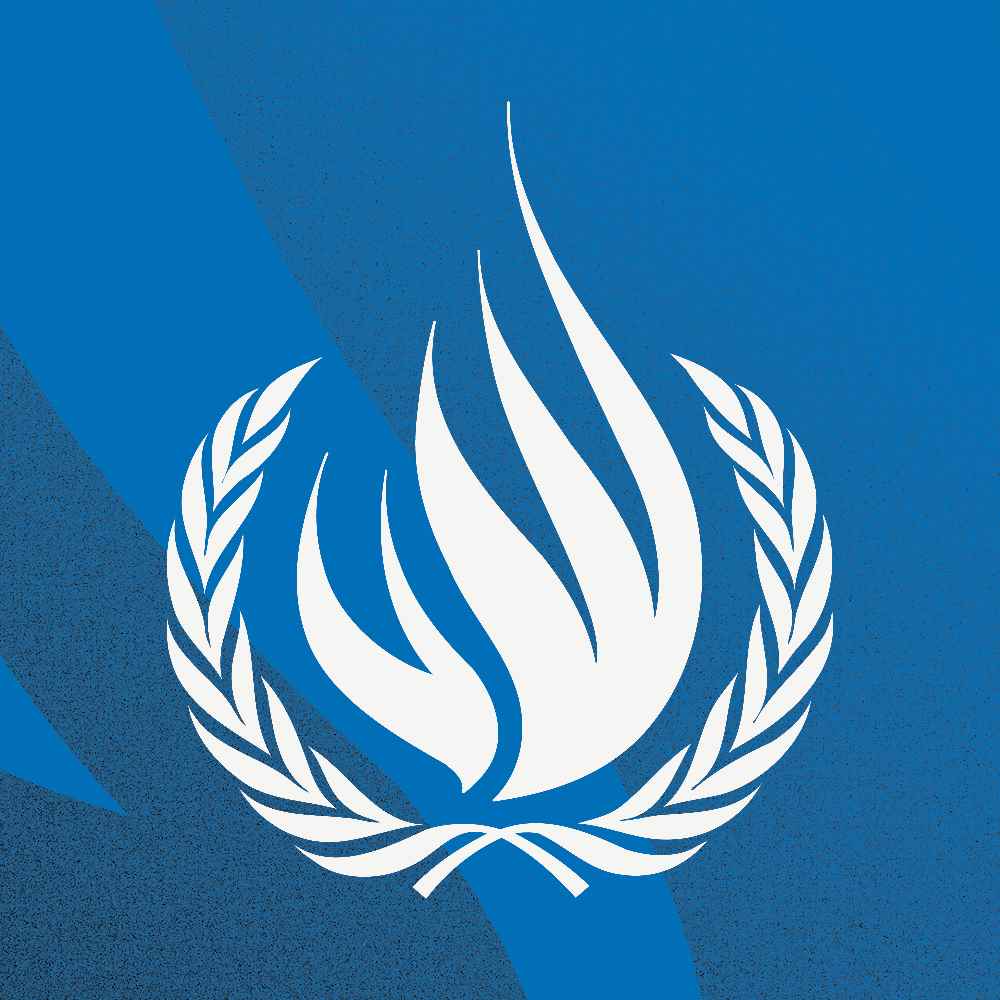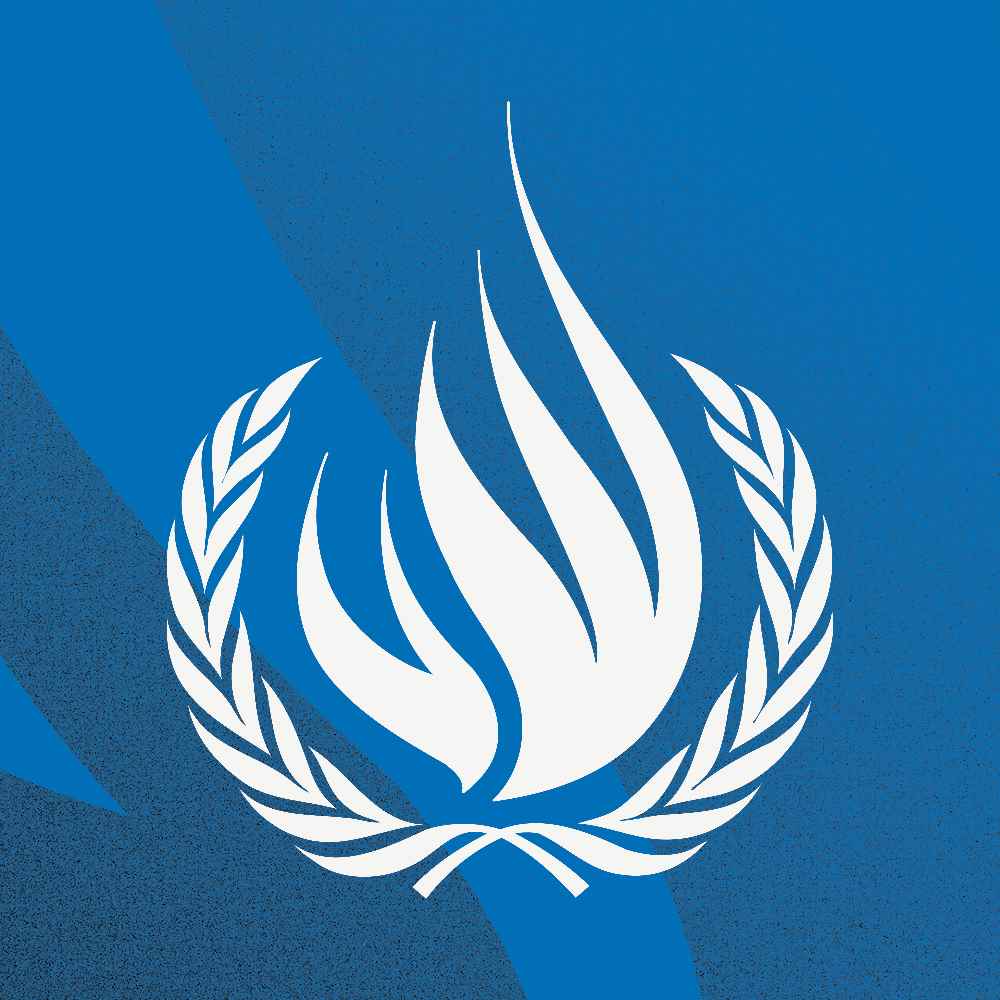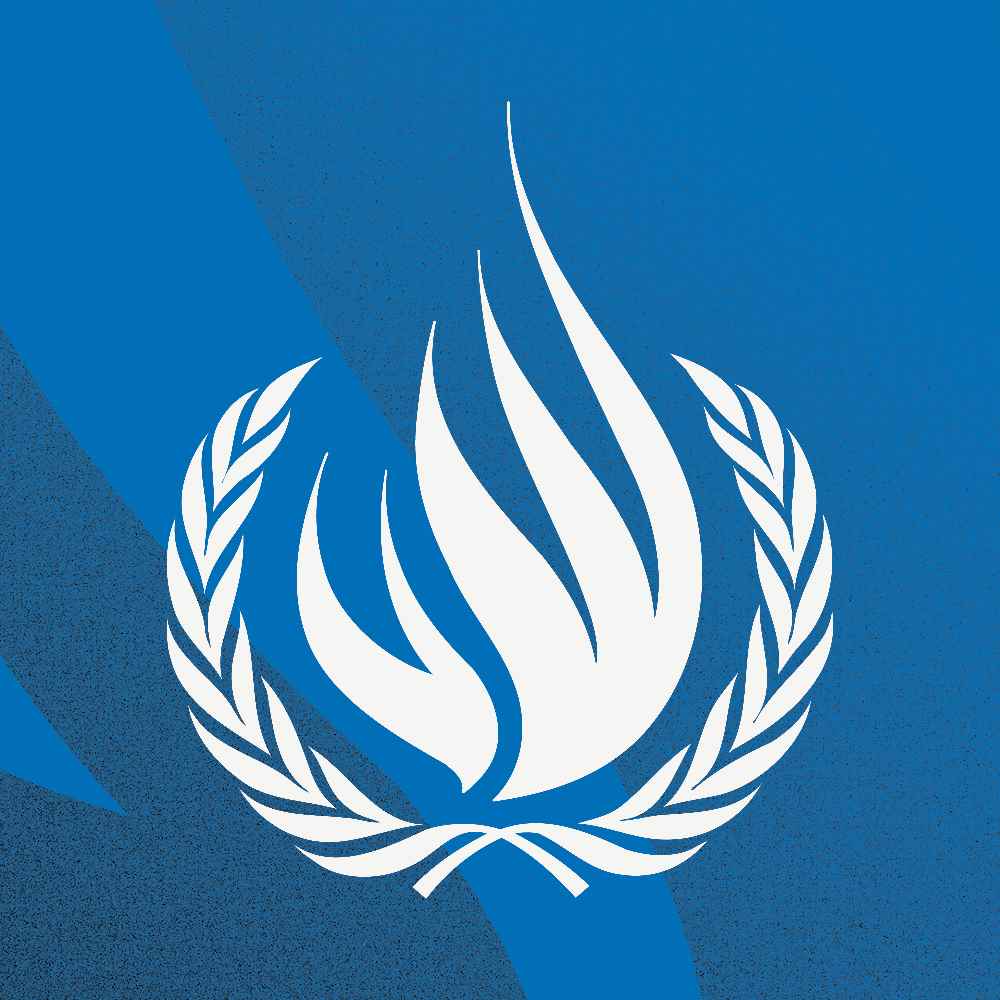
GENEVA (30 April 2024) – UN experts* urged today authorities in dozens of countries holding elections this year to uphold and protect the rights to vote and to freedom of expression, peaceful assembly and association. They said these rights are threatened by democratic regression, the rise of authoritarianism worldwide and shrinking civic spaces. The experts issued the following statement:
“As citizens from 64 countries around the globe are casting their ballots this year, States must ensure free and fair elections, fully respecting and upholding their human rights obligations throughout the electoral process.
Creating a safe and enabling environment for the exercise of the rights to freedom of expression, peaceful assembly and association is essential for fostering participation and ensuring inclusive and credible elections with results reflecting the will of the people.
We are deeply troubled by the increasing erosion of these rights across the globe. Elections in many jurisdictions have been marred by violence and arbitrary arrests, targeting opposition candidates and political leaders, as well as human rights defenders, journalists, media workers and election observers.
The adoption and enforcement of restrictive laws in the guise of national security measures, such as foreign agents and foreign influence legislation, further undermine civil society"s work in the context of elections and lead to stigmatising those working to promote democracy and human rights.
The proliferation of populism, misinformation, and disinformation poses further threats to the integrity of elections. Hate speech and negative discourse targeting marginalised and discriminated-against groups, including LGBTQI+ people, migrants and ethnic and religious minorities, have been weaponised for political gain, further polarising societies.
Social media platforms have also been exploited to undermine fair elections and propagate anti-rights narratives, primarily facilitated through the misuse of algorithms and content moderation. Internet shutdowns and network disruptions further impede access to information and the organisation of peaceful protests, hindering the democratic process.
Addressing these challenges and reversing the negative trend of global erosion of human rights requires concerted efforts from everyone.
We urge States to guarantee and facilitate an unobstructed exercise of the rights to participate in public affairs, and to freedom of expression, peaceful assembly and association before, during and after elections, and ensure the safety of civil society actors, including journalists and election monitors.
Political parties, the private sector, media outlets and social media companies must also participate in fostering a safe and inclusive environment for credible elections and work towards strengthening democracy and human rights in this critical election year.”
See full statement here.
*The experts: Clément Nyaletsossi Voule, Special Rapporteur on the Rights to Freedom of Peaceful Assembly and of Association; Mary Lawlor, Special Rapporteur on the situation of human rights defenders; Irene Khan, Special Rapporteur on the promotion and protection of the right to freedom of opinion and expression; Margaret Satterthwaite, Special Rapporteur on the Independence of Judges and Lawyers; Attiya Waris, Independent Expert on the effects of foreign debt and other related international financial obligations of States on the full enjoyment of all human rights, particularly economic, social and cultural rights
The Special Rapporteurs and Working Groups are part of what is known as the Special Procedures of the Human Rights Council. Special Procedures, the largest body of independent experts in the UN Human Rights system, is the general name of the Council"s independent fact-finding and monitoring mechanisms that address either specific country situations or thematic issues in all parts of the world. Special Procedures" experts work on a voluntary basis; they are not UN staff and do not receive a salary for their work. They are independent from any government or organization and serve in their individual capacity.
For more information and media requests, please contact hrc-sr-freeassembly@un.org
For media inquiries related to other UN independent experts, please contact Dharisha Indraguptha (dharisha.indraguptha@un.org).
Follow news related to the UN"s independent human rights experts on Twitter: @UN_SPExperts










